7 start with E start with E
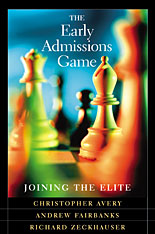
Each year, hundreds of thousands of high school seniors compete in a game they’ll play only once, whose rules they do not fully understand, yet whose consequences are enormous. The game is college admissions, and applying early to an elite school is one way to win. But the early admissions process is enigmatic and flawed. It can easily lead students toward hasty or misinformed decisions.
This book—based on the careful examination of more than 500,000 college applications to fourteen elite colleges and hundreds of interviews with students, counselors, and admissions officers—provides an extraordinarily thorough analysis of early admissions. In clear language it details the advantages and pitfalls of applying early as it provides a map for students and parents to navigate the process. Unlike college admissions guides, The Early Admissions Game reveals the realities of early applications, how they work and what effects they have. The authors frankly assess early applications. Applying early is not for everyone, but it will improve—sometimes double, even triple—the chances of being admitted to a prestigious college.
An early decision program can greatly enhance a college’s reputation by skewing statistics, such as selectivity, average SAT scores, or percentage of admitted applicants who matriculate. But these gains come at the expense of distorting applicants’ decisions and providing disparate treatment of students who apply early and regular admissions. The system, in short, is unfair, and the authors make recommendations for improvement.
The Early Admissions Game is sure to be the definitive work on the subject. It is must reading for admissions officers, guidance counselors, and high school seniors and their parents.

Drawing on case studies of leading schools of education, the authors offer a bold, controversial agenda for reform: ed schools must reorient themselves toward teachers and away from the quest for prestige in academe; they must also adhere to national professional standards, abandon the undergraduate education major, and reject the Ph.D. in education in favor of the Ed.D.
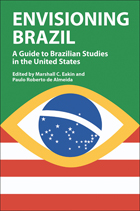
Envisioning Brazil is a comprehensive and sweeping assessment of Brazilian studies in the United States. Focusing on synthesis and interpretation and assessing trends and perspectives, this reference work provides an overview of the writings on Brazil by United States scholars since 1945.
"The Development of Brazilian Studies in the United States," provides an overview of Brazilian Studies in North American universities. "Perspectives from the Disciplines" surveys the various academic disciplines that cultivate Brazilian studies: Portuguese language studies, Brazilian literature, art, music, history, anthropology, Amazonian ethnology, economics, politics, and sociology. "Counterpoints: Brazilian Studies in Britain and France" places the contributions of U.S. scholars in an international perspective. "Bibliographic and Reference Sources" offers a chronology of key publications, an essay on the impact of the digital age on Brazilian sources, and a selective bibliography.
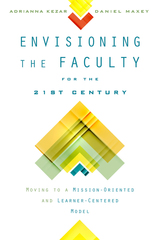
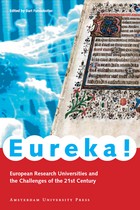
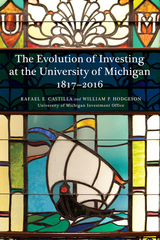
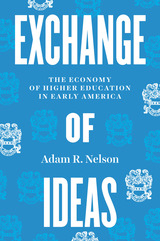
Exchange of Ideas launches a breathtakingly ambitious new economic history of American higher education. In this volume, Adam R. Nelson focuses on the early republic, explaining how knowledge itself became a commodity, as useful ideas became salable goods and American colleges were drawn into transatlantic commercial relations. American scholars might once have imagined that higher education could sit beyond the sphere of market activity—that intellectual exchange could transcend vulgar consumerism—but already by the end of the eighteenth century, they saw how ideas could be factored into the nation’s balance of trade. Moreover, they concluded that it was the function of colleges to oversee the complex process whereby knowledge could be priced and purchased. The history of capitalism and the history of higher education, Nelson reveals, are intimately intertwined—which raises a host of important and strikingly urgent questions. How do we understand knowledge and education as commercial goods? Who should pay for them? And, fundamentally, what is the optimal system of higher education in a capitalist democracy?
READERS
Browse our collection.
PUBLISHERS
See BiblioVault's publisher services.
STUDENT SERVICES
Files for college accessibility offices.
UChicago Accessibility Resources
home | accessibility | search | about | contact us
BiblioVault ® 2001 - 2024
The University of Chicago Press









